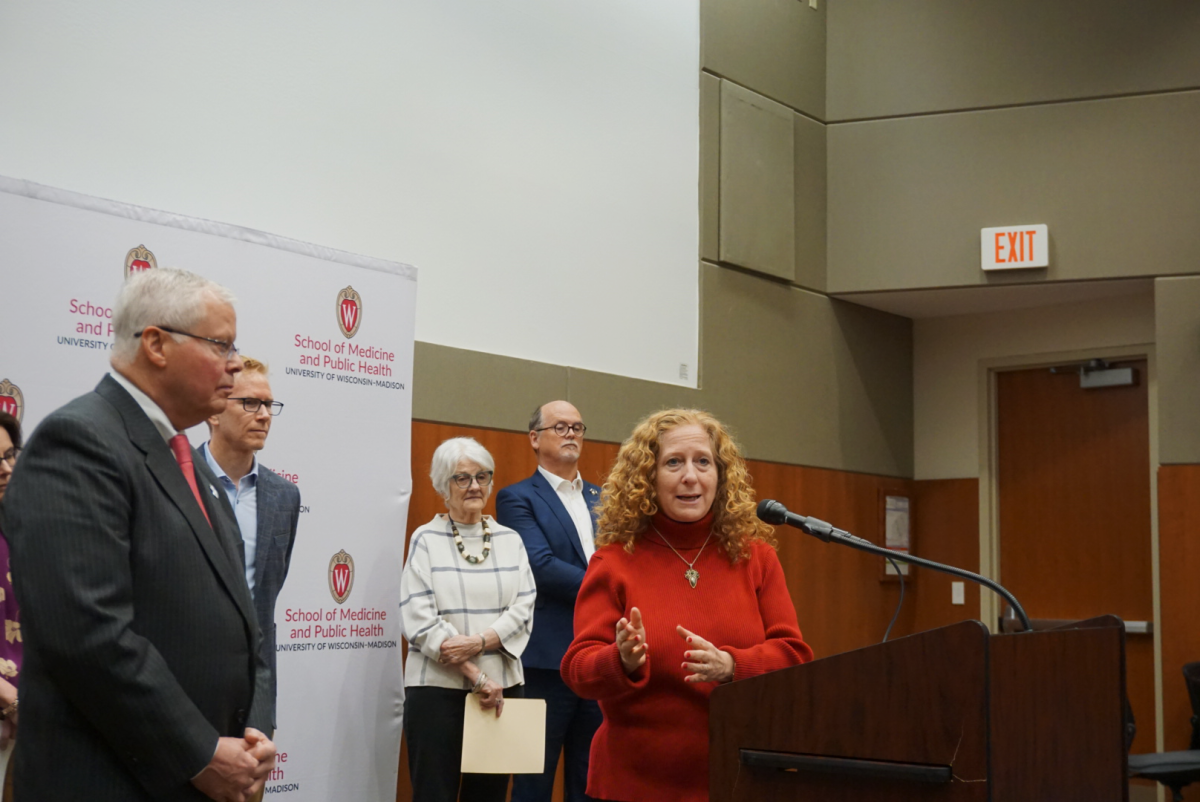Proposed funding cuts by the Trump administration are leaving colleges like the University of Wisconsin vulnerable.
UW currently ranks sixth in the national research expenditures out of 920 public and private universities in the U.S., according to UW news. Federal awards from agencies such as the National Science Foundation, the National Institutes of Health and the Department of Defense contribute to nearly half of the $1.7 billion dollars spent on research expenditures, according to the article.
National Institutes of Health has proposed a 15% spending cap on indirect costs for new and existing grants, according to UW news. These essential indirect costs fund shared scientific equipment, lab and facility construction, data infrastructure, utilities, grant administration and compliance with federal research regulations.
The NSF has yet to release an official funding reduction, but a two-thirds budget cut has been proposed for the NSF, along with a 25-50% staff reduction, according to The Chronicle. A budget cut of this magnitude would greatly affect the funding universities depend on from the NSF.
Out of 77 institutions flagged to be affected by the funding cuts, UW ranks No. 21 according to The Chronicle.
In an emailed statement, Assistant Vice Chancellor for Content Strategy in the Office of Strategic Communication Kelly Tyrrell gave insights into the large amount of funding UW receives from federal agencies.
“For fiscal year 2024, UW-Madison received nearly $457 million in funding from the NIH and more than $127 million from the NSF,” Tyrrell wrote.
Federally funded research expenditures accounted for $816.8 million, nearly a quarter of the $1731.9 million budget for total research expenditures, according to UW’s 2024-2025 Data Digest.
UW professor and associate director of Wisconsin Alzheimer’s Disease Research Center Sterling Johnson testified at a Capitol Hill forum last month, emphasizing the critical role of NIH funding and the harmful impact potential cuts could have on life-saving research and treatments for patients with cancer, Alzheimer’s, ALS and other serious diseases, according to UW Federal Relations.
Tyrrell said that UW’s research is not only in jeopardy, but the funding cuts may have other unforeseen consequences.
“Cuts to federal funding could result not only in contract cancellations that could affect UW-Madison’s ability to propose new research and carry out existing projects but also pose significant risk to our nation’s historic strength in scientific research,” Tyrrell said.



